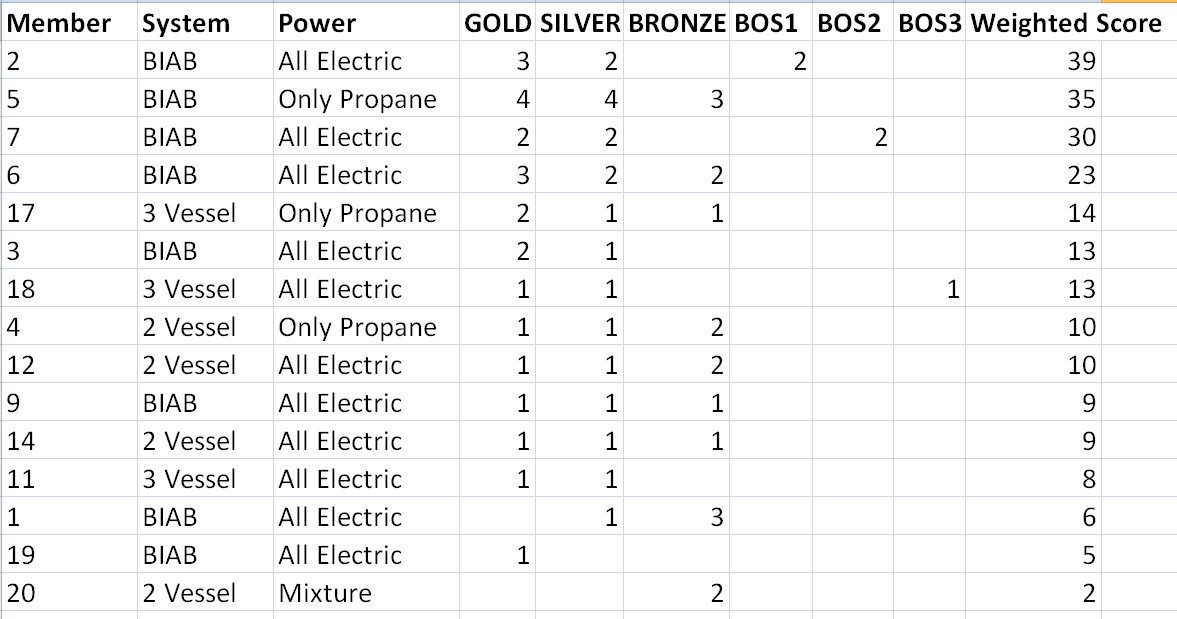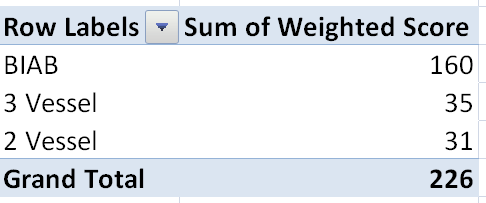hout17
Crush it REAL Good
This is a BIAB thread. I wonder how many blue ribbon brewers are BIAB. Not that you can't brew great beer in BIAB. If we start with the premise that one enters BIAB knowing that without some modifications, we are simplifying the process that might sacrifice some of the finer details in brewing but yet still being able to brew a very good beer.
You are simply talking about another all grain technique to brew beer it has nothing to with if it's better or not than fly sparging let's say.
I'm sure @Bobby_M will chime in on this as there are some award winning brewer's that use BIAB.
If you enjoy the hobby and your beer you make then don't worry about it. That is the bottom line you can go as technical or as simple as you want and still make decent beer even great beer if the style works with your water particularly well.
I brew with tap water but I get a water report from Wards labs every so often to adjust my water profile with brewing salts and check my pH during the mash. I do this because it's fun to me and enjoyable.
I also use glass carboys with straps still and a bottling bucket and bottle half as much as I keg.
Have fun enjoy the hobby and have a homebrew!






































![Craft A Brew - Safale S-04 Dry Yeast - Fermentis - English Ale Dry Yeast - For English and American Ales and Hard Apple Ciders - Ingredients for Home Brewing - Beer Making Supplies - [1 Pack]](https://m.media-amazon.com/images/I/41fVGNh6JfL._SL500_.jpg)
























